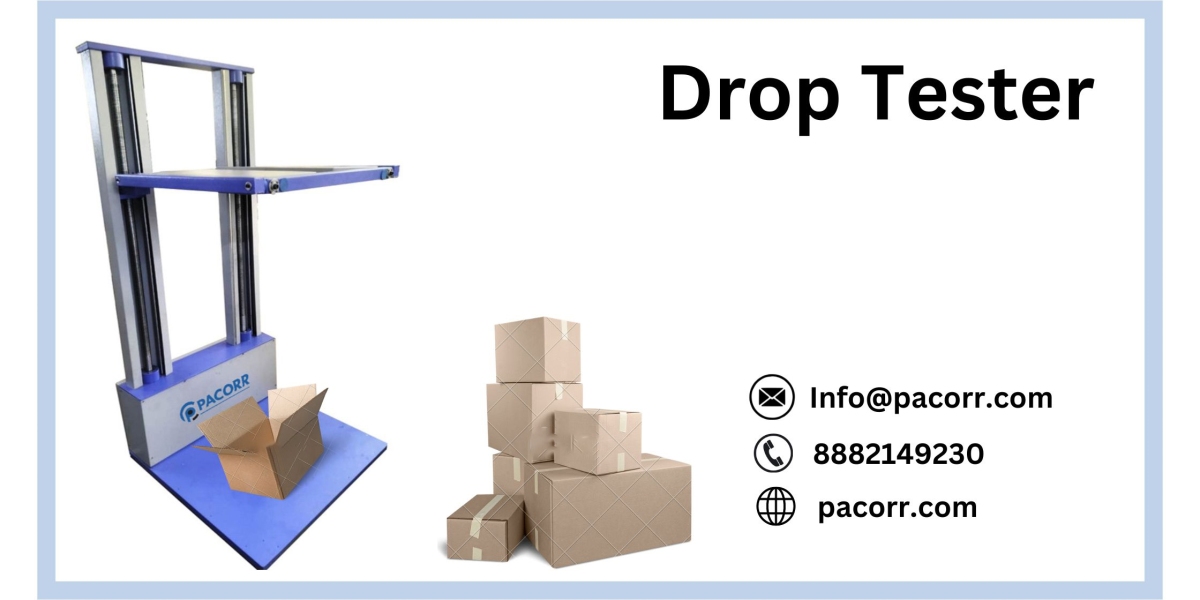Understanding the Drop Tester
A Drop Tester is a device designed to assess how products perform when subjected to sudden impacts, mimicking real-life scenarios where items may fall or be dropped. By dropping products from controlled heights onto designated surfaces, manufacturers can gather data on how well their products can withstand such stresses. This testing method is invaluable in identifying weaknesses that could compromise product integrity.
Key Features of Drop Testers
- Adjustable Drop Heights: Many Drop Tester feature settings that allow users to modify the drop height, enabling the testing of various products under different conditions.
- Intuitive Controls: With user-friendly interfaces, modern Drop Testers make it easy for operators to conduct tests and interpret results, often displaying data in real-time.
- Sturdy Construction: Built from high-quality materials, Drop Testers are designed to endure regular use while providing consistent and accurate results.
- Safety Enhancements: Advanced models include safety features to protect both the user and the machine during operation, ensuring a safe testing environment.
Applications of Drop Testers
Drop Testers are utilized in a variety of industries, such as:
- Packaging Industry: They are essential for evaluating the durability of packaging materials to ensure they can protect products during shipping and handling.
- Consumer Electronics: Testing devices for their ability to withstand falls is crucial in the electronics sector, where reliability directly affects consumer satisfaction.
- Automotive Sector: Drop Testing assess components to confirm they meet safety regulations and can endure the stresses encountered during vehicle operation.
- General Consumer Goods: Everyday products, including toys and kitchen appliances, are tested to ensure they are robust enough for regular use.
The Importance of Drop Testing
- Enhancing Product Quality: By identifying potential failures early in the production process, manufacturers can make improvements to enhance durability, leading to higher customer satisfaction.
- Regulatory Compliance: Many products must adhere to industry-specific standards. Drop testing helps ensure compliance, minimizing the risk of legal issues and recalls.
- Cost Savings: Detecting weaknesses in products before they reach the market can save manufacturers significant costs associated with returns, repairs, and lost reputation.
- Competitive Edge: Companies that invest in rigorous testing can differentiate themselves in the market, building a reputation for high-quality, reliable products.
Conclusion
In conclusion, Drop Impact Tester are an indispensable tool for manufacturers focused on quality assurance. By simulating the conditions that products will face in the real world, these devices provide critical insights into product durability. Investing in a Drop Tester is a proactive step toward enhancing product reliability, ensuring regulatory compliance, and maintaining a competitive advantage in the market.
For more detailed information about Drop Testers and other quality assurance solutions, visit Pacorr.com.









